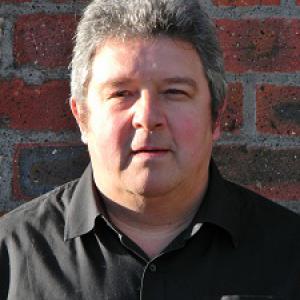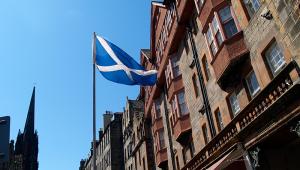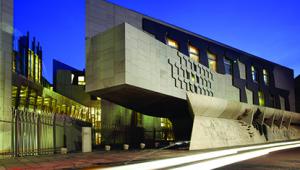Control over Air Passenger Duty was devolved to Holyrood by the 2016 Scotland Act. Scottish ministers are pledged to reshape it as Air Departure Tax, cut it by 50% by the end of the present parliament and abolish it entirely when resources allow in order to increase the competitiveness of Scotland’s airports and boost Scottish connectivity.
The plans have been heavily criticised by airports south of the border, which fear that cheaper travel through Scottish airports would unfairly undercut their business.
MSPs gave first stage approval to an enabling Bill allowing the Scottish Government to take up the powers and to embark on reforming the tax, but further legislation will be needed to introduce the specific tax bands, rates and exemptions. Mackay promised that existing APD exemptions for the highland airports would be retained and if possible extended.
Mackay had faced criticism both from opponents and Holyrood’s Finance & Constitution Committee for deciding this policy ahead of independent evidence as to its benefits. He said he had now commissioned the reviews, which would report by autumn when the secondary legislation is to be introduced. He also promised to reflect on the criticisms and to engage further with interested parties.
The minister said he believed that scrapping the tax would deliver strong economic benefits for Scotland, and that the Brexit vote had increased the importance of boosting the competitiveness of Scotland’s airport connections.
For the Conservatives, transport spokesman Liam Kerr backed the broad aims of the policy while arguing that it would be better targeted on long-haul flights only to boost global connectivity and avoid displacing rail usage with short-haul air travel.
But Labour’s Neil Findlay said the tax cut would hit revenues for public services and disproportionately benefit the better off, while the Greens’ Patrick Harvie said it was likely to lead to an increase in greenhouse gas emissions and the Liberal Democrats’ Mike Rumbles objected to the way the legislation was structured.





















